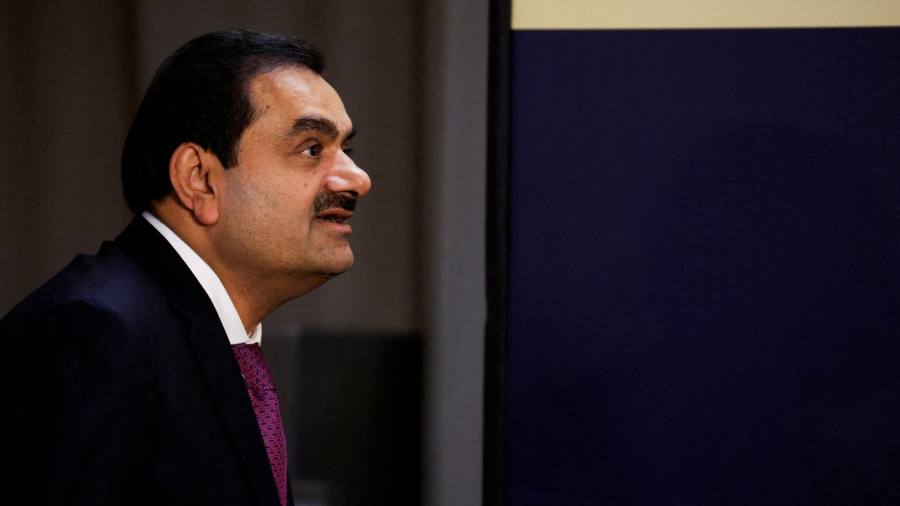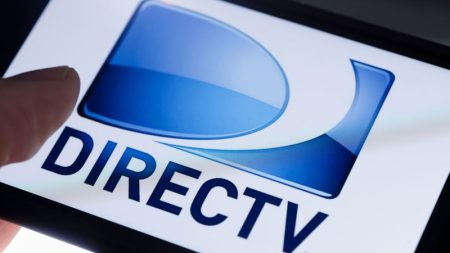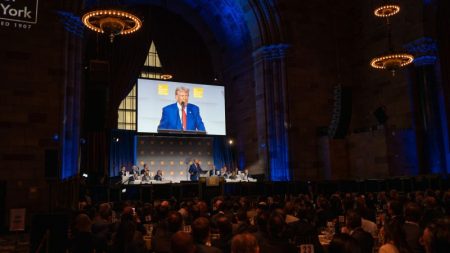Receive free Adani Group updates
We’ll send you a myFT Daily Digest email rounding up the latest Adani Group news every morning.
Indian billionaire Gautam Adani has outlined ambitious renewable energy expansion plans and defended the financial health of his conglomerate in defiance of a short-seller attack that wiped billions from the market value of his listed companies.
Addressing the annual general meeting of Adani Enterprises via video on Tuesday, the billionaire said that his conglomerate was building a 20GW hybrid renewables project in Khavda, in the Indian state of Gujarat.
He added that the group was expanding television channel NDTV’s international programming and coverage, and vowed that his logistics company would be “the most profitable port company in the world” by 2030.
“We could have chosen to settle for average growth numbers, or we could get up every day believing that we are on the cusp of being one of the most impactful conglomerates our nation has built,” said Adani. “Forty-four thousand Adanians made the latter choice,” he said, referring to the number of employees at the group.
The annual meeting of Adani Enterprises, the flagship unit of Adani Group, was the first since Hindenburg Research published allegations in January that Adani companies had engaged in share price manipulation and accounting fraud.
Adani described the report, which caused the combined market capitalisation of his listed companies to fall by $150bn at their worst point, as “a deliberate and malicious attempt aimed at damaging our reputation”. Shares of the group’s listed companies have partly recovered since then.
Adani said the group’s balance sheet was “healthier than ever before”. CreditSights, a rating company owned by Fitch, last year described the Adani Group as “deeply overleveraged”.
Since the short-seller report, Adani has reassured investors and bondholders by slowing some investment plans, paying down share-backed debt and selling stakes to outside backers, including Florida-based investment firm GQG Partners.
In his remarks, Adani invoked nationalist sentiment, saying that the company was defined by “resilience”, including “resilience that drives our belief in the nation we call our matrubhumi (motherland)”. He also said that Hindenburg had launched its January 25 attack “on the eve of our Republic Day this year”.
Adani, who has aligned himself with Prime Minister Narendra Modi’s economic agenda, forecast that India would be the world’s second-largest economy by 2050, with per capita income growing by more than 700 per cent to about $16,000.
“I anticipate that within the next decade, India will start adding a trillion dollars to its GDP every 18 months,” said the tycoon, predicting that India would be a $25n to $30tn economy by 2050.
Adani’s projections were “not out of reach considering an average inflation rate of around 4 per cent and a real growth rate of around 5.5 per cent”, said Priyanka Kishore, economic director at IMA Asia, a forum for regional business leaders.
US bank Goldman Sachs forecasts that India’s economy will have a real gross domestic product of $22.2tn by 2050. Capital Economics, a London-based consultancy, predicts India will be the world’s third-largest economy by 2050.
Read the full article here




